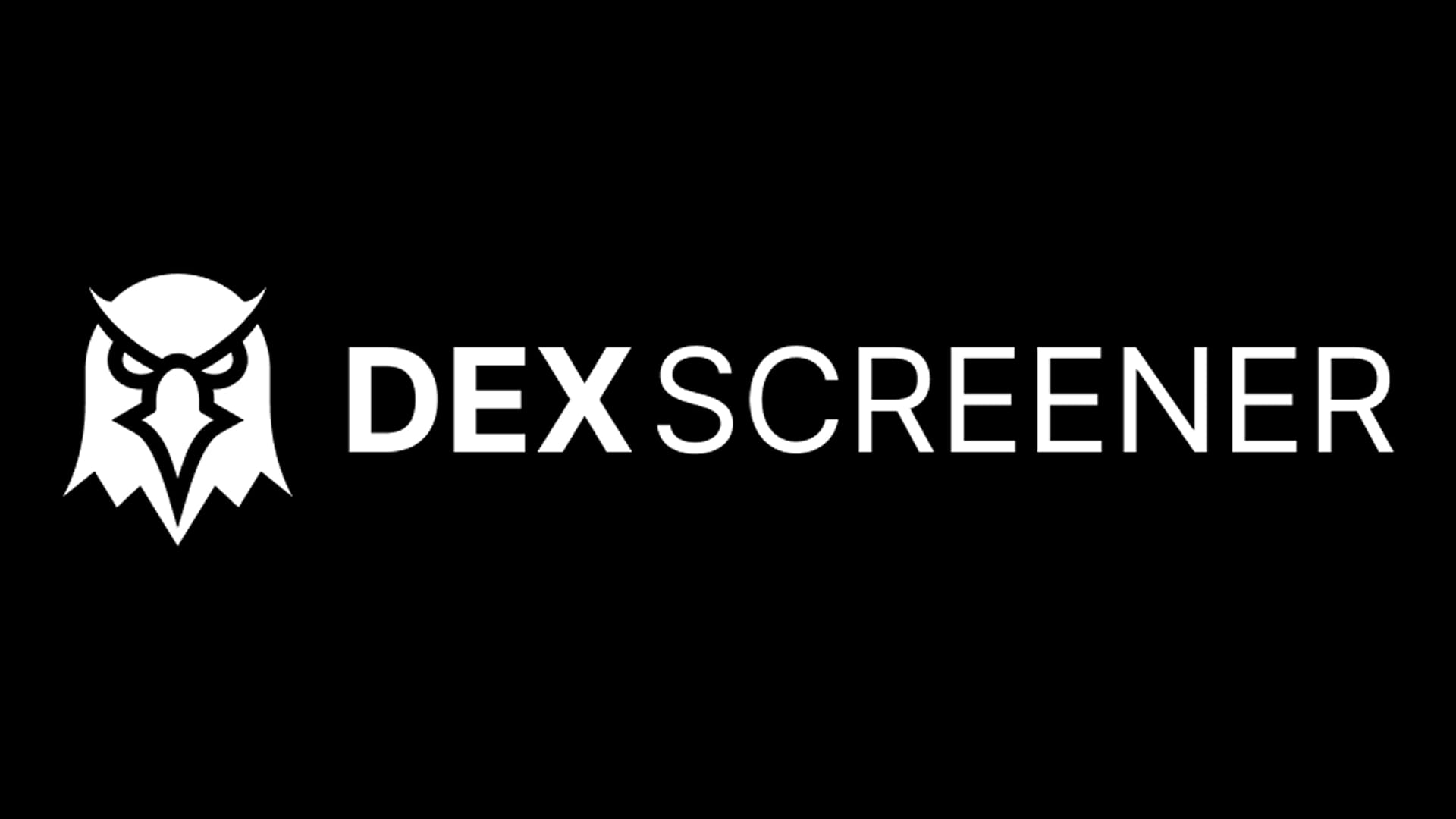12 Essential Soft Skills for UX Professionals
Discover essential soft skills for UX professionals: active listening, collaboration, diplomacy, advocacy, empathy, storytelling, facilitation, lifelong learning, organizational skills, and adaptability in design tools.

In the evolving landscape of UX design, professionals are expected to possess a balanced mix of technical expertise and soft skills. This article highlights key soft skills essential for UX designers, emphasizing their practical applications in the workplace.
Active Listening
Importance in UX: Active listening is crucial for understanding user needs and feedback. It involves not only hearing but comprehending and empathizing with clients and stakeholders, which is fundamental in creating user-centered designs.
Collaboration and Teamwork
Workplace Dynamics: UX designers must excel in teamwork, often collaborating with cross-functional teams. Effective communication and the ability to work harmoniously with diverse groups are key to successful project outcomes.
Diplomacy
Role in Change Management: As agents of change, UX designers often encounter resistance. Diplomacy is essential for navigating these challenges, ensuring smooth collaboration between different departments and stakeholders.
Advocacy
Promoting UX Value: Advocating for the importance of UX design and research within an organization is a critical skill. It involves educating others about the benefits and necessity of user-centric design practices.
Empathy
User-Centric Design: Empathy enables designers to understand and address user pain points effectively. This skill is fundamental in creating intuitive and user-friendly designs that resonate with the target audience.
Storytelling
Communicating Design Decisions: Good storytelling skills help UX designers articulate their design process and rationale. This skill is vital for convincing stakeholders and aligning teams with the design vision.
Facilitation
Managing Workshops and Meetings: Effective facilitation skills are necessary for leading workshops and meetings, especially in brainstorming and problem-solving sessions. This skill ensures productive and focused discussions.
Lifelong Learning
Keeping Up with Industry Trends: The UX field is dynamic, with constant technological and methodological advancements. A commitment to lifelong learning is essential for staying relevant and competitive.
Organizational Skills
Project Management: Strong organizational skills are vital for managing various aspects of UX projects, from timelines to resources. This skill helps in maintaining efficiency and meeting project objectives.
Adaptability to Design Tools
Software Proficiency: Proficiency in multiple design tools, such as Figma, and Framer and Webflow, is crucial. Adaptability to new tools reflects a designer’s readiness to embrace evolving technologies.
Cultural Contributions
Enhancing Organizational Dynamics: This skill involves bringing unique perspectives to challenge and evolve the current organizational culture. Examples include:
- Constructively challenging existing processes or industry norms.
- Organizing events or initiatives that enrich the workplace.
- Developing tools or solutions that benefit the entire team.
Such contributions lead to diversity in thought and innovation, crucial for the dynamic evolution of an organization.
Growth Mindset
Continuous Personal and Professional Development: This trait is characterized by an eagerness to learn and adapt. Examples include:
- Demonstrating openness to new experiences and learning opportunities.
- Actively seeking new tools and resources for improvement.
- Adapting effectively to new or unfamiliar work environments.
A growth mindset fosters empathy, collaboration, and lifelong learning, vital for any successful professional.
Conclusion
Developing these soft skills is key to a thriving career in UX design. They complement technical abilities and enhance a designer's capability to deliver impactful user experiences. Continuous self-improvement in these areas will not only make you a valuable team member but also prepare you for leadership roles in the future.



